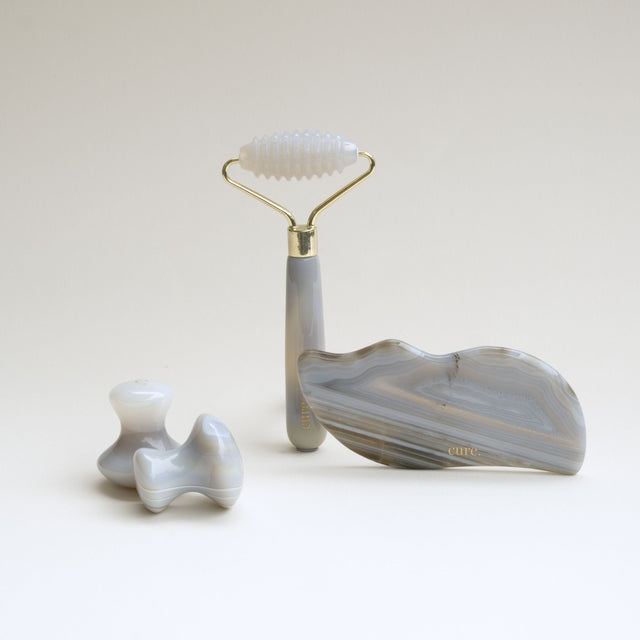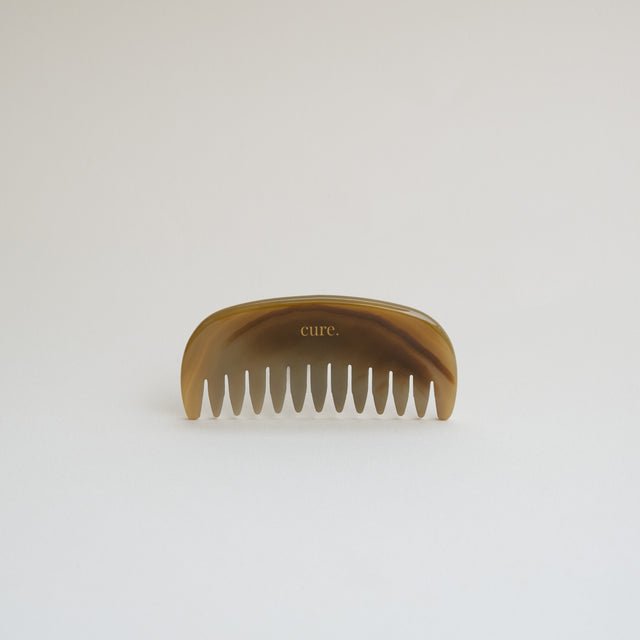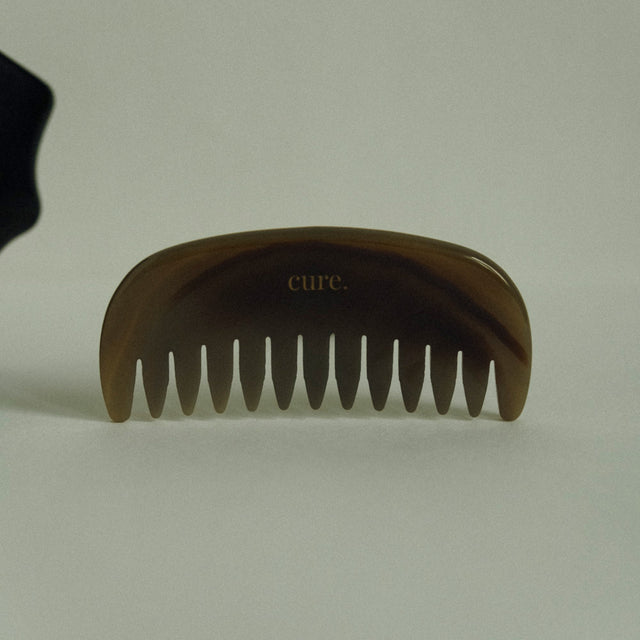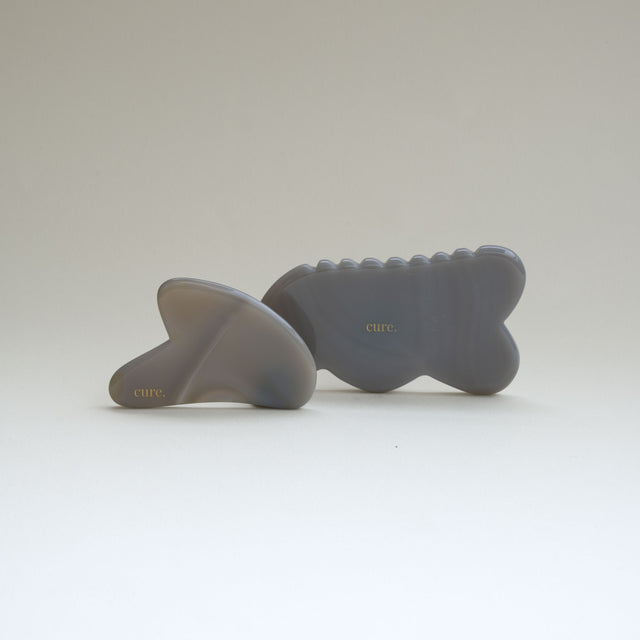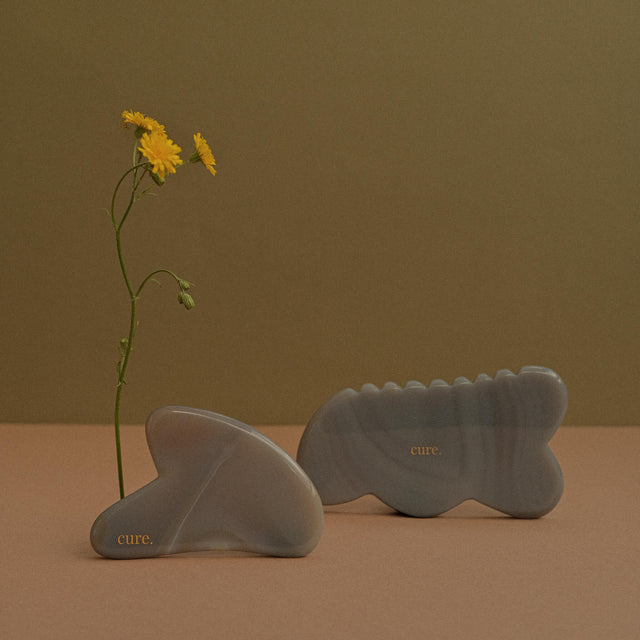Factors influencing the condition of the skin
The condition and appearance of the skin are influenced by numerous factors, which can be roughly divided into internal and external. Not all of these factors are under our control, but we can still influence the majority.
Internal factors
HORMONES. Changes in hormonal levels have a significant impact on skin health. During adolescence, hormonal influences can lead to the appearance of acne. Hormonal changes during pregnancy may result in hyperpigmentation. The onset of menopause and a reduction in estrogen production alter the skin's structure, making signs of aging particularly noticeable.
GENETICS. Genes determine our skin type (dry, oily, normal, combination) and its overall condition.
External factors
AIR TEMPERATURE. Extremely high and low temperatures, as well as sudden changes, affect the skin's condition. Cold temperatures cause blood vessels to constrict, reducing sebum production, leading to dryness and skin irritation. In high temperatures and humidity, the skin produces more sweat, which can lead to the formation of acne. Heat can also trigger certain skin conditions, such as rosacea. For this reason, it is recommended to use warm water for washing instead of hot water.
UV RAYS. Prolonged exposure to the sun weakens protective mechanisms. The skin becomes highly sensitive and easily damaged, resulting in premature aging.
USE OF AGGRESSIVE SKINCARE PRODUCTS. Aggressive cleansing cosmetics can disrupt the skin's natural protective barrier, making it drier and more sensitive, exacerbating chronic skin conditions.
NUTRITION. Balanced nutrition and sufficient intake of clean water help maintain skin health. Fruits, vegetables, whole grains, and lean proteins are beneficial for the skin.
LIFESTYLE. A healthy lifestyle can help slow down the natural aging processes of the skin. Aim to engage in regular exercise, get enough sleep, quit smoking, and minimize alcohol consumption. Find rituals and hobbies that help reduce anxiety, relax, and alleviate stress.


